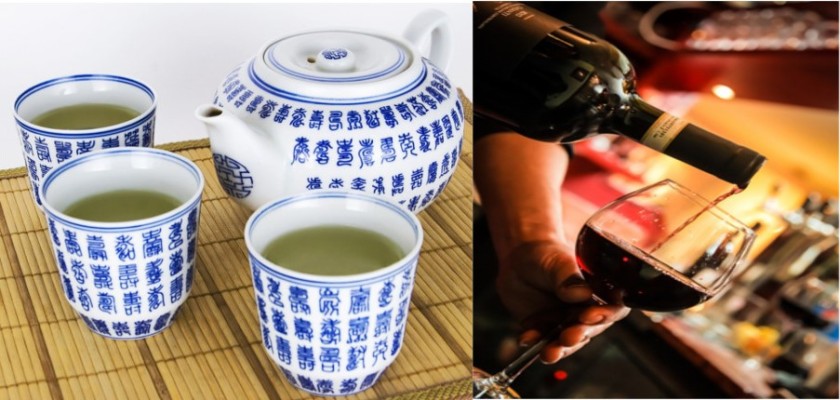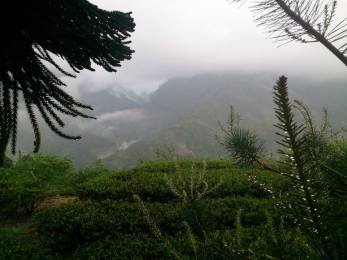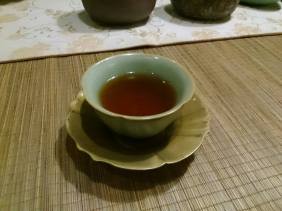
To introduce people to the world of fine teas, I have found it useful to show that there are parallels with fine wines.
For example, to describe tea, terms are borrowed from wine production such as terroir.
Terroir
Terroir is the idea that the place in which something is grown will affect the flavour, alongside factors such as rainfall, sunshine, humidity, altitude, soil, drainage, fog or mist etc.

Different tea growing regions specialise in particular kinds of tea, and the terroir has a strong effect on producing distinctive teas. The Wuyi mountains in China’s eastern Fujian province produce oolongs that have a “rock taste”, and are called rock teas, yan cha, because the tea farms in Wuyi are close to many large natural rock formations that result in a mineral-tasting tea. In Taiwan, mountains over 1000m that range to around 2700m above sea level are home to the world-famous high mountain oolong, gao shan cha. The distinctively fresh, and fragrant taste comes partly from the terroir: fog, a high elevation, rich soil, and plentiful sunshine and rain in Taiwan’s tea farms.
Like wine, tea is often aged. This is to improve or mellow flavours, and fine aged teas can achieve a high price by virtue of their ageing.
During tasting, tea is slurped over the tongue to open all flavours, rather as is done in wine tasting. With years of experience, people develop their palates to discern more and more flavours and complexity in tea. This is usually accompanied by a desire for a more concentrated and intense brew.

As with wine, tasting tea is very often done with great care. Each stage of a sip is important and tea drinkers pay attention to aroma (sometimes using a separate cup to smell from), and the viscosity and taste: whether the tea is more vegetal or earthy, more mineral or sweet, and this can become more detailed for some people who describe which vegetables, and which nuts a tea may be similar to. Traditionally the aftertaste is sometimes more important, to notice for example whether a tea will return a sweet flavour to the mouth after it is swallowed. Unlike wine drinkers, some tea drinkers are also interested in the experience of qi, which when referring to tea is basically a pleasant sensation of energy in the body after drinking tea. Qi is a concept that comes Taoism and Chinese traditional medicine, and refers to the belief in an essential energy in all things in the universe, but that can be experienced and used.
If you are looking for a non-alcoholic alternative, that is delicious and is very interesting, I encourage you to explore premium teas.
